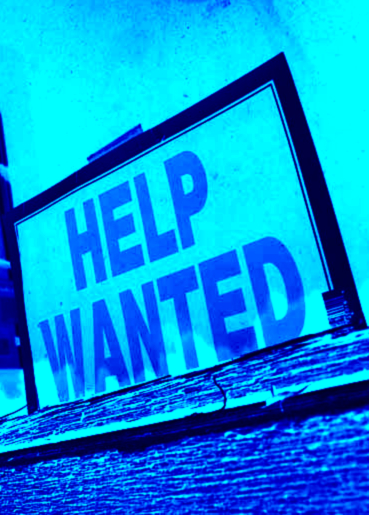RBA eyes employment
 The Reserve Bank says it is focused on boosting employment, not driving down house prices.
The Reserve Bank says it is focused on boosting employment, not driving down house prices.
Earlier this year, APRA reminded Australians that it does not have a mandate to target house prices or housing affordability, focusing instead on the stability of the financial system.
This week, RBA deputy governor Guy Debelle said house prices are not its concern either.
He acknowledged that rising house prices can negatively affect the distribution of wealth, but said the central bank does not have the tools to address it.
“That is certainly an issue that needs to be considered, and there are a number of tools that can be used to address the issue,” he said.
“But I do not think that monetary policy is one of those tools.
“Monetary policy is focused on supporting the economic recovery and achieving its goals in terms of employment and inflation.
“It is important to remember that while housing prices may not rise as fast without the monetary stimulus, unemployment would definitely be materially higher without the monetary stimulus.
“Unemployment clearly has large and persistent consequences.”
Dr Debelle also said the economy is faring better than the RBA expected at this stage of the economic recovery.
Economic growth has been higher than expected, and the economy is returning to its pre-pandemic level of gross domestic product (GDP).
He said employment is now above its pre-pandemic level, with the unemployment rate have declined rapidly to 5.6 per cent. This is just half a percentage point higher than before the pandemic.
But Dr Debelle noted that the outcomes for wages and inflation are not as good.
“While the Australian economy has experienced better employment outcomes than most other countries, wages growth in Australia has been noticeably weaker than in many comparable economies, most notably the United States,” he said.
He said monetary policy would remain fairly loose in the quest to reach “full employment”.
“The RBA Board is prepared to undertake further bond purchases to assist with progress towards the goals of full employment and inflation,” he said.
“The Board places a high priority on a return to full employment.”
Australian is on track to reach the RBA’s definition of ‘full employment’ (which is debated), by 2024 at the earliest.
“The Board will not increase the cash rate until actual inflation is sustainably within the target band of 2 to 3 per cent,” Dr Debelle said.
“For that to occur, we will need to see further significant gains in employment and a lower unemployment rate.
“We will need a tighter labour market to lead to higher wage rises.
“In the Board's central scenario for the Australian economy, it does not expect these conditions to be met until 2024 at the earliest.
“Significant monetary support will be required for quite some time to come.”








 Print
Print